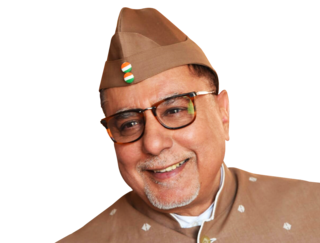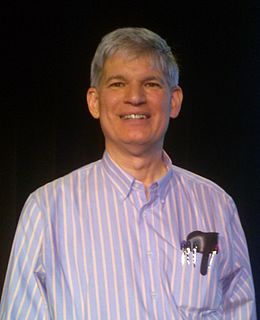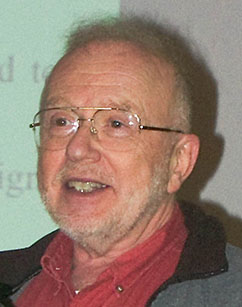A Quote by Eric S. Raymond
When are programmers happy? They're happy when they're not underutilized - when they're not bored - and also when they're not overburdened with inappropriate specifications or meaningless bureaucracies. In other words, programmers are happiest when they're working efficiently. This is a general preference in creative work.
Related Quotes
All programmers are optimists. Perhaps this modern sorcery especially attracts those who believe in happy endings and fairy godmothers. Perhaps the hundreds of nitty frustrations drive away all but those who habitually focus on the end goal. Perhaps it is merely that computers are young, programmers are younger, and the young are always optimists.
When the words are fuzzy, the programmers reflexively retreat to the most precise method of articulation available: source code. Although there is nothing more precise than code, there is also nothing more permanent or resistant to change. So the situation frequently crops up where nomenclature confusion drives programmers to begin coding prematurely, and that code becomes the de facto design, regardless of its appropriateness or correctness.
When building a complex system, having crackerjack programmers (who can make any design work, even a bad one) can be a liability. The result, after lots of effort, is a working system that cannot be easily maintained or upgraded. Good -but not great- programmers would fail early, causing a realization that the system must be redesigned, and then reimplemented. The extra cost is paid once, early in the system's cycle (when it is cheap), instead of repeatedly paid late in the system's cycle (when it is more expensive).
With software products, it is usual to find that the software has major `bugs' and does not work reliably for some users... The lay public, familiar with only a few incidents of software failure, may regard them as exceptions caused by exceptionally inept programmers. Those of us who are software professionals know better; the most competent programmers in the world cannot avoid such problems.


































